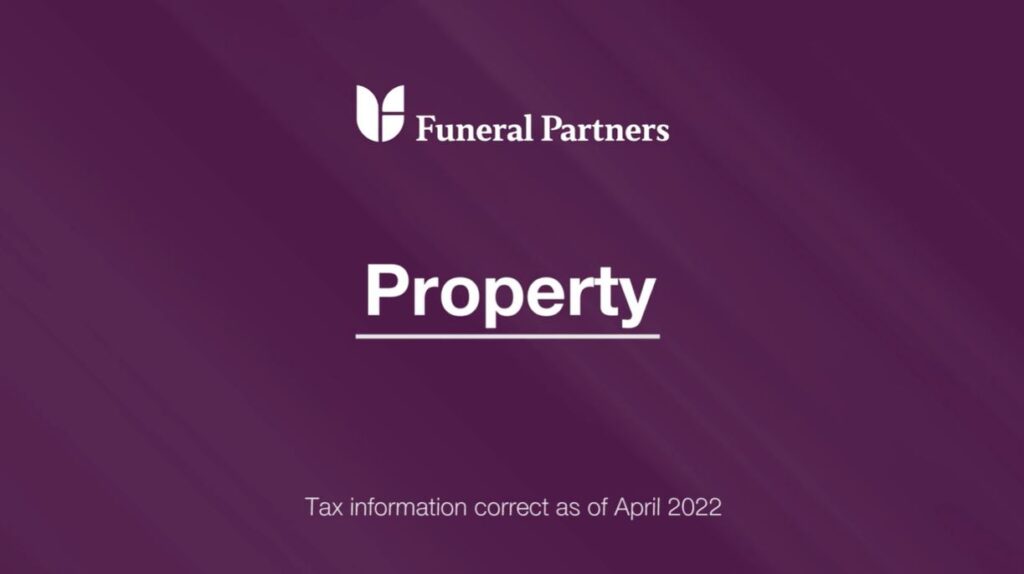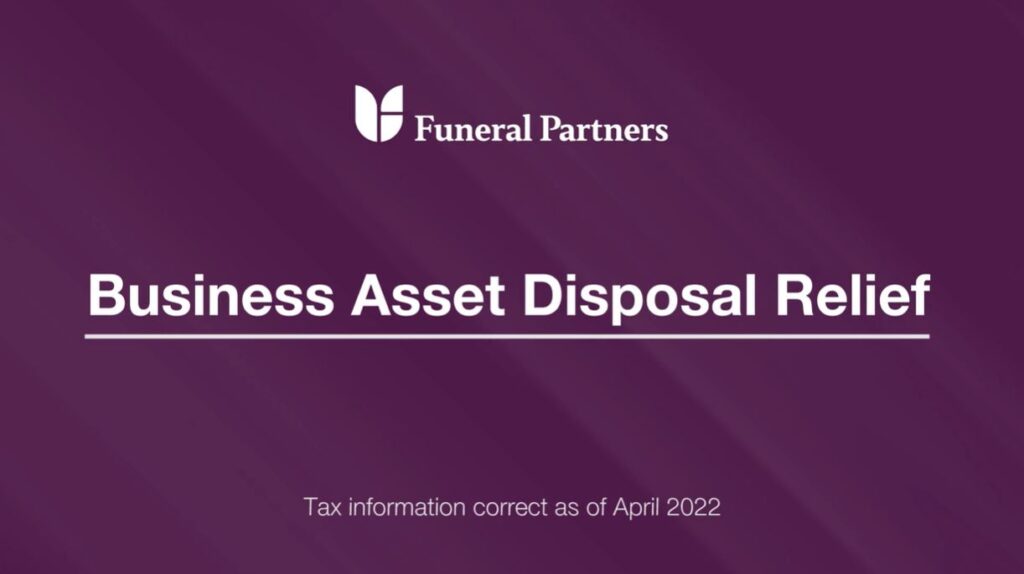Selling Shares or Business & Assets
Home / Becoming a partner / Why choose Funeral Partners / Tax Considerations – Selling shares or Business & Assets
Video Transcript
Hello, I’m Steve Wilkinson Mergers and Acquisition Director, Funeral Partners.
Today I’m joined by Bob Neil, the tax partner at Freeths.
So we’re talking to people all the time about selling their business. And a question that often comes up is whether they should sell us their shares whether they should sell the business and assets.
Normally people think it’s better to sell the shares. But is this true? And if so, why?
Yes. That’s always a key question. Normally it is true to say that it’s better to sell the shares rather than sell the business and assets. And that’s simply because the sellers will then pay capital gains tax on the proceeds they receive, that’s one layer of tax and that’s it. Factor in the main CGT rate of 20% and the possibility of getting an even lower tax rate. If, for example, Business Asset Disposal Relief, formerly entrepreneur’s relief applies, but it’s important to remember selling shares in a company is always more difficult than selling the business and assets.
So it’s not necessarily the case that selling the shares will be the better route in all cases.
So Bob, why is it more complicated to sell the shares than it is to sell the business and assets of a company?
The reason is that the company is a separate legal person, which means it has its own liabilities. When the shares are sold, the buyer takes over the company and that includes all those liabilities.
So that would include historic liabilities and risks. So if it turns out, say there’s a tax problem in the past. Or environmental issues and so on, those go with the company and the buyer, takes them over as well. That simply doesn’t happen with the sale of the business and assets. Generally. Anything historic simply stays with the seller.
Yes. So on a share purchase, the buyer needs to do a lot more due diligence than if it was a trade and asset purchase, but that’s not all, is it Bob?
That’s right on a share purchase, the legal documents, especially the share purchase agreement needs to give the buyer a lot more protection against historic risks.
That means they always have to be much longer and more complex than for a business sale. And they’ll take longer to negotiate as well.
But the double layer of tax on a business sale is always a factor. Isn’t it?
Very true, but it does depend on the numbers. If the company sells the business and assets, how much corporation tax will it have to pay? That will depend on the history of the company and the mix of assets being sold. After selling the business, it’s then possible to liquidate the company and extract the proceeds, paying CGT and potentially claiming BADR.
Sometimes the difference from the share sale route can be fairly minimal.
So what does make the difference?
Normally two things first, does the company have anything in its history, which is a problem for a buyer and secondly, how much tax will the company pay if it sells the business and assets?
So it’s fair to say that a share sale is often a better route, but if for some reason, a share sale is limited, then it could be a business and asset transfer is the way forward to save the day.
Yes that’s a good way to look at it.
Thanks Bob. I’m sure people will find that really useful.
We have called on the expertise of Bob Neal, Tax Partner at Freeths Solicitors to answer some important questions about Property, Selling Shares or Business & Assets and Business Asset Disposal Relief.

